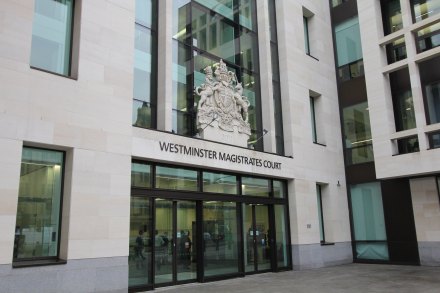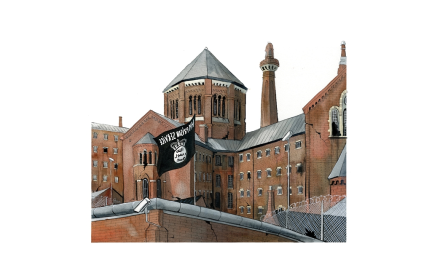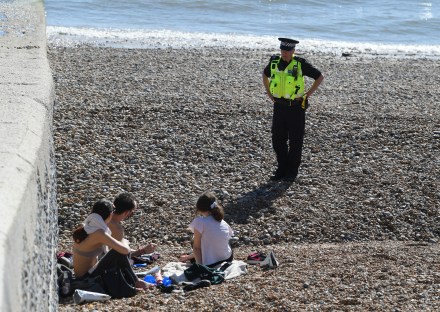Which prime ministers have faced the longest wait for honours?
Waiting for the gong Tony Blair was knighted, 14 years after leaving Downing Street. How long have other ex-PMs had to wait to be honoured? Edward Heath knighted in 1992, 18 years after leaving office. Harold Wilson awarded peerage on leaving Commons in 1983, 7 years after resigning as PM. Jim Callaghan awarded peerage on leaving House of Commons in 1987, 8 years after leaving office. Margaret Thatcher awarded peerage in 1992 on leaving House of Commons. John Major knighted in 2005, 8 years after leaving office. Said to have rejected peerage on leaving Commons in 2001. Gordon Brown, David Cameron, and Theresa May are still waiting. Unjabbed nations How





